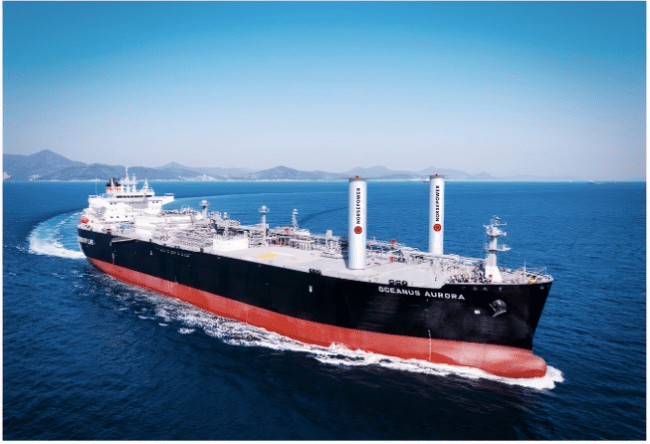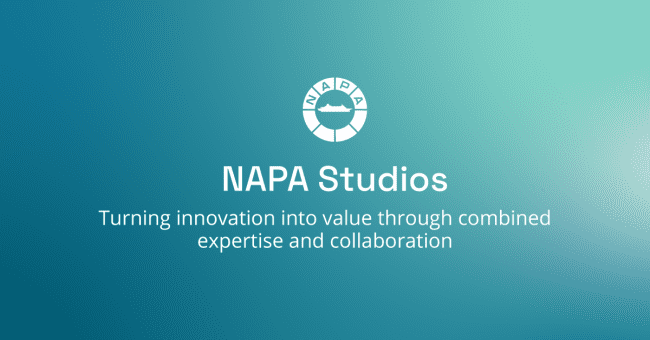NAPA software brings smart savings to INPEX LNG carrier fleet
How the largest oil and gas exploration and production company in Japan uses data to deliver energy in a more sustainable way
We recently met with Kenichi Fujiwara and Kazuhisa Higuchi from Marine Transport Unit at INPEX to discuss how their collaboration with NAPA is helping them improve the efficiency of the LNG carriers they have on long-term charter.
INPEX charters a fleet of LNG, LPG and oil tankers. INPEX is committed to reducing its climate impact, and is investing heavily in a long-term strategy aimed at making net zero a reality. Reducing emissions from transport and logistics is an essential part of this process.
One of the factors that impacts the efficiency of INPEX’s fleet is hull condition, which can deteriorate due to biofouling, as organisms growing on a ship’s hull increase friction, and therefore, fuel consumption and GHG emissions. A recent study by i-tech found that, for example, “hard fouling could be responsible for at least 110 million tonnes of excess carbon emissions.” Managing hull condition is a vital but complex part of managing a fleet’s efficiency, which includes selecting the right coatings for each vessel, and deciding when to invest in hull cleaning, which can require dry-docking.
NAPA’s solutions assist INPEX with these critical decisions. Operational data gathered through NAPA’s system provides an accurate way of analyzing hull conditions. It supports INPEX in its decision-making about when to undertake hull and propeller cleaning and selecting anti-fouling coatings.
Another major efficiency challenge with LNG carriers is cargo management. These vessels are partly fuelled by the boil-off gas generated from their own cargo. During ballast voyages, energy is also used to pre-cool the tanks in readiness for taking on the next cargo. As we’ve noted elsewhere, “All these factors create a potentially mind-boggling challenge for operators and charterers to solve – how to operate both safely and efficiently, whilst arriving on time, and with the maximum amount of cargo intact.”
Responsive support
To address these challenges, we have worked with INPEX to create an analysis tool specific to the operation of the LNG carriers, which reflects both these onboard energy flows.
The large amount of data that INPEX uses to evaluate vessel performance is available through an easy-to-use menu and via API for further in-house processing at INPEX. This has helped the team quickly respond to any questions or issues.
Pushing ahead with decarbonization
INPEX is committed to decarbonizing shipping. “We urgently need to decarbonize the industry, and we must approach the issue from both a technological and operational perspective. We have high expectations for improvement in the operational aspects with the help of NAPA’s solutions,” says Kenichi Fujiwara of the Marine Transport Unit at INPEX.
INPEX is interested in expanding the collaboration to weather routing for the LNG Carrier fleet using NAPA Voyage Optimization – an easy-to-use solution for improving operational efficiency by optimizing route and speed profiles for any sea passage. The platform considers wind, wind waves and swell, sea currents, water depth, tropical storms, and additional safety limits and ensures that the use of boil-off gas as fuel is factored into the optimization of routes for the vessels.
NAPA’s collaboration with INPEX demonstrates how data analysis and optimization technologies are powerful first steps on the journey toward net-zero operations. By working closely with partners like INPEX, we can create solutions to increase efficiency for some of the most complex vessel types, and kick-start our customers’ decarbonization processes.
How could NAPA solutions help your fleet become more energy efficient?
Book a discussion with a NAPA expert to see a live demo of our solutions for ship performance monitoring and optimization.
Book a demo

